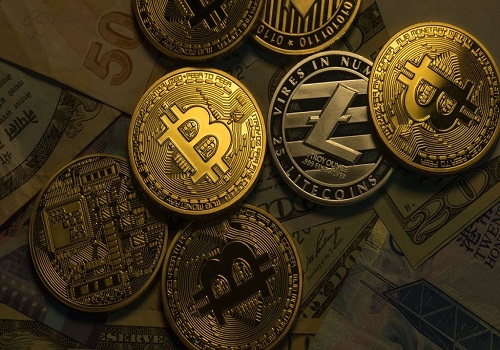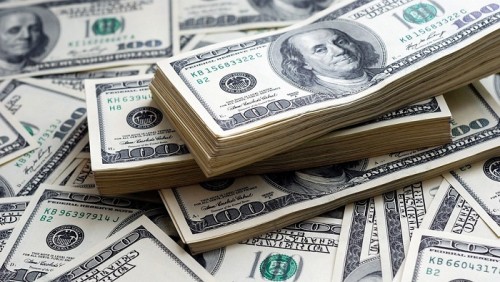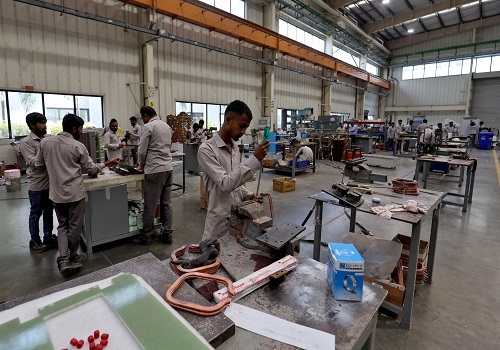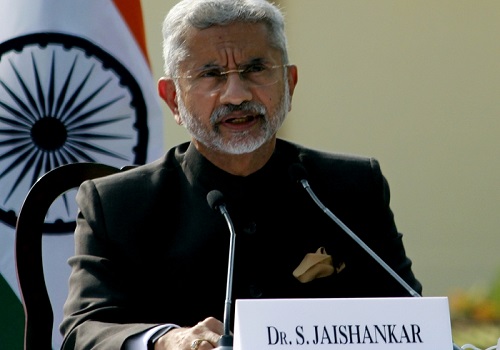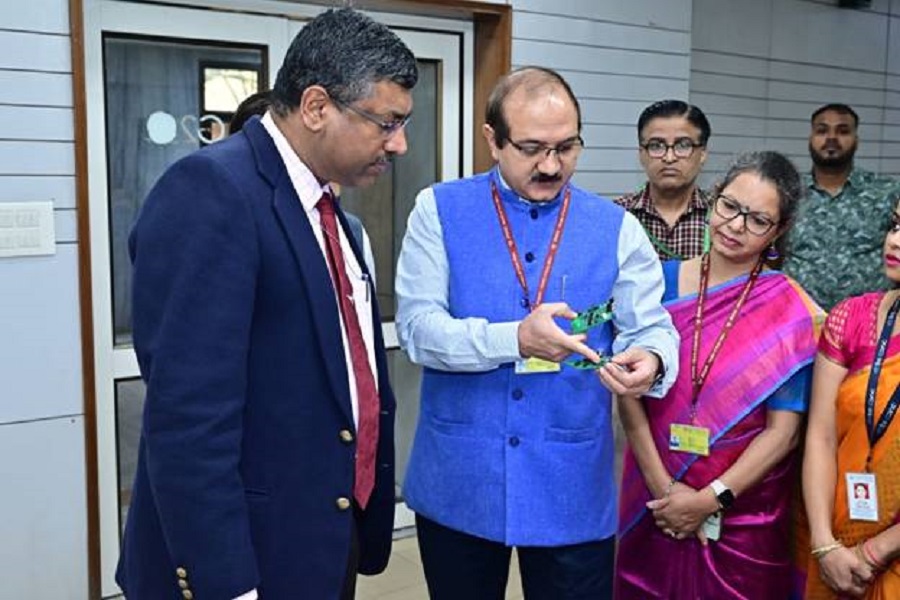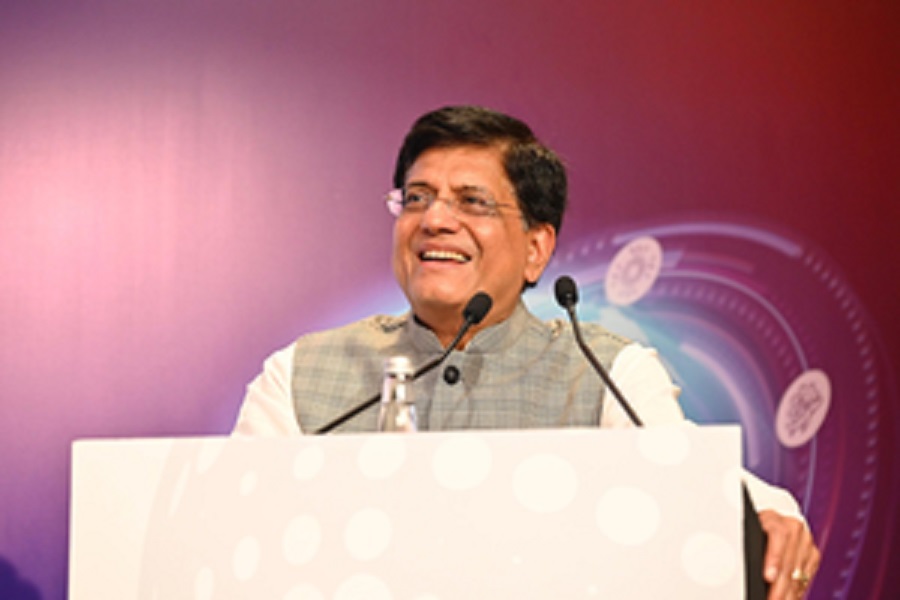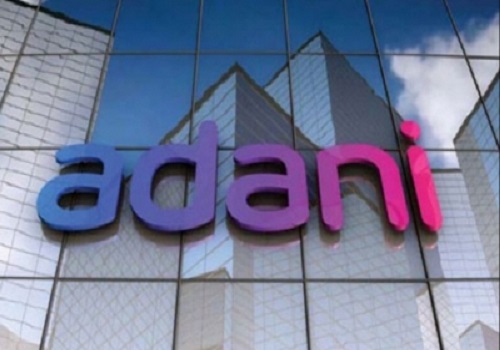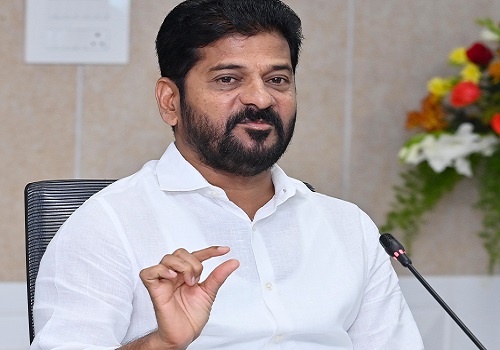Tata Group, Serum Institute of India in Time`s world`s top 100 most influential companies` list
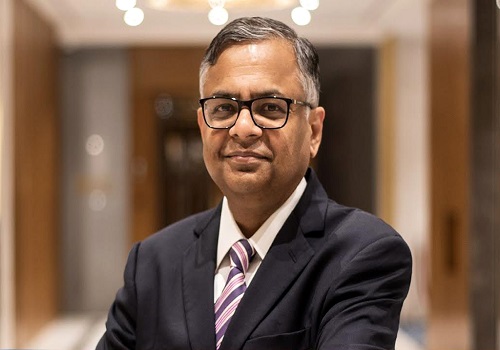
Follow us Now on Telegram ! Get daily 10 - 12 important updates on Business, Finance and Investment. Join our Telegram Channel
Tata Group and the Adar Poonawalla-run Serum Institute of India (SII) have been recognised among the top 100 ‘World’s Most Influential Companies of 2024’ by Time magazine.
While the Tata Group was included in the list under the ‘Titans’ category, Pune-based SII was part of the ‘Pioneers’ section.
“Founded in 1868, the Tata Group long ago cemented its place in India’s economy, its vast portfolio extending from steel, software, watches, subsea cables, and chemicals, to salt, grains, air-conditioners, fashion, and hotels,” according to the company’s description by the magazine in its list.
As rivals have aggressively courted new businesses, it struggled to keep up with stiff competition.
In 2017, after over a century of family management, the “high-tech pivot” N. Chandrasekaran took over as Chairman of Tata Group despite having no personal ties to the family -- highly unusual when India’s business landscape is ruled by family succession plans.
As chair, he has transformed the group by investing in tech manufacturing, AI, and semiconductor chips.
“In 2023, it became the first Indian company to assemble iPhones, and is building another plant. In September, Tata announced a partnership with Nvidia to develop an AI cloud in India,” read the description.
In February, Tata’s combined market capitalisation reached $365 billion, “more than the entire economy of India’s neighbour and rival, Pakistan”.
As the world’s biggest vaccine maker, Serum is no stranger to churning out billions of vaccines -- it makes 3.5 billion doses every year, including for measles, polio, and most recently, HPV.
Serum’s CEO Poonawalla told Time magazine that the company’s success can largely be chalked up to its private ownership.
"We've always looked at growth not in terms of pricing, but in providing access,” he was quoted as saying.
The company provided 90 per cent of the vaccines for India, and after that, began exporting the vaccine to other countries as well.
At the end of 2021, the SII stopped manufacturing Covid-19 vaccines, and in 2022, it destroyed around 210 million doses of vaccines sitting in stockpiles.
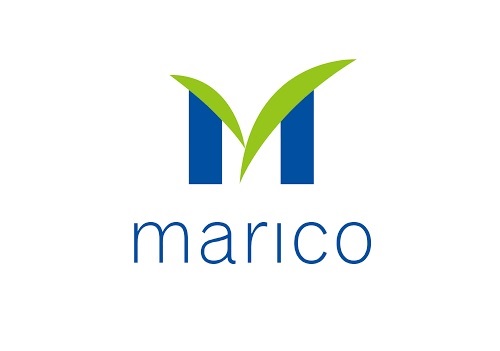

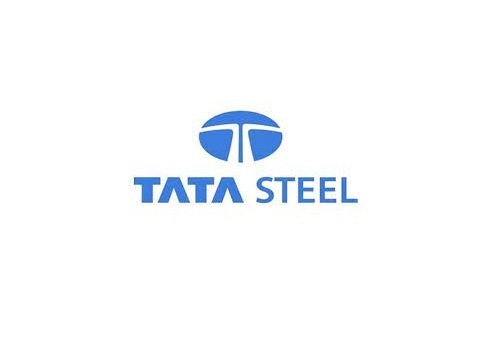



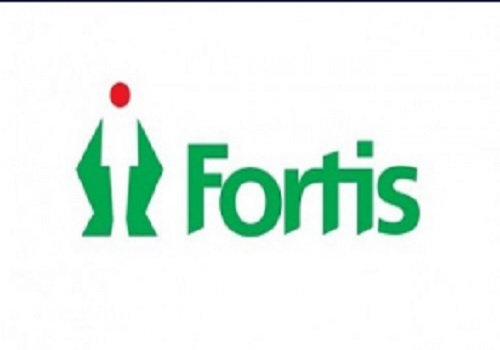

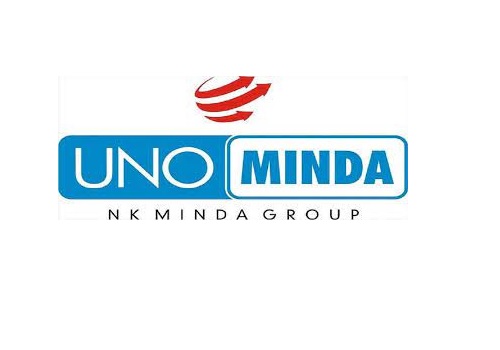
.jpg)



